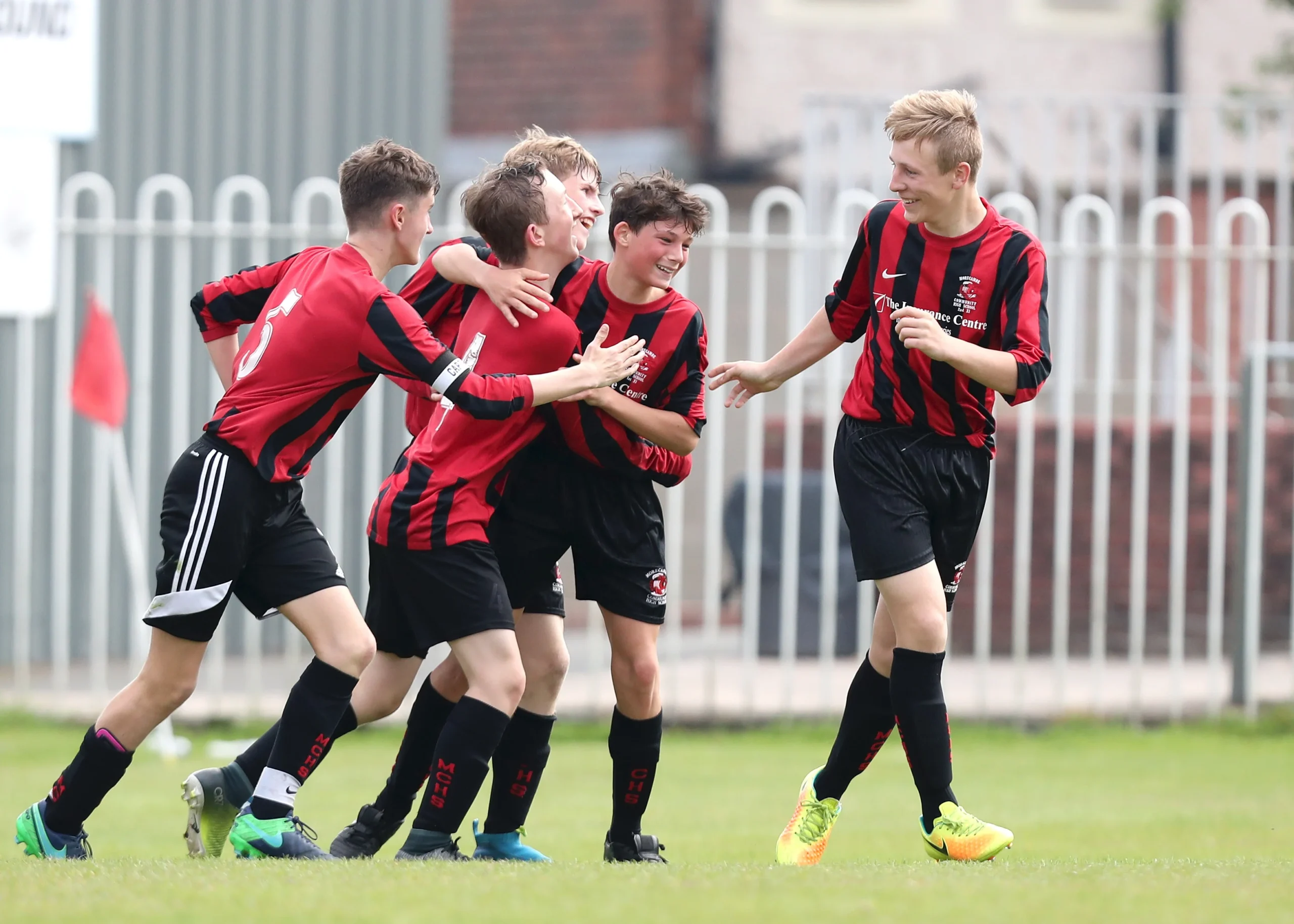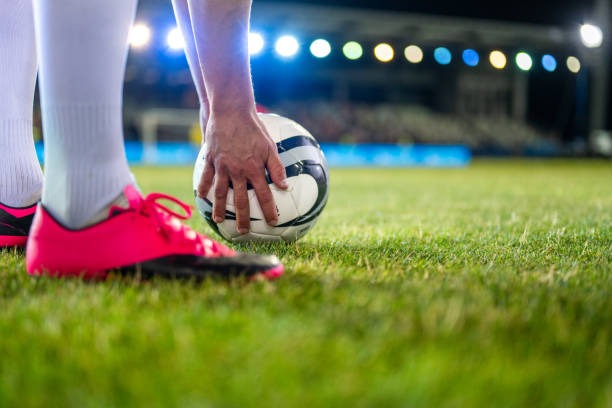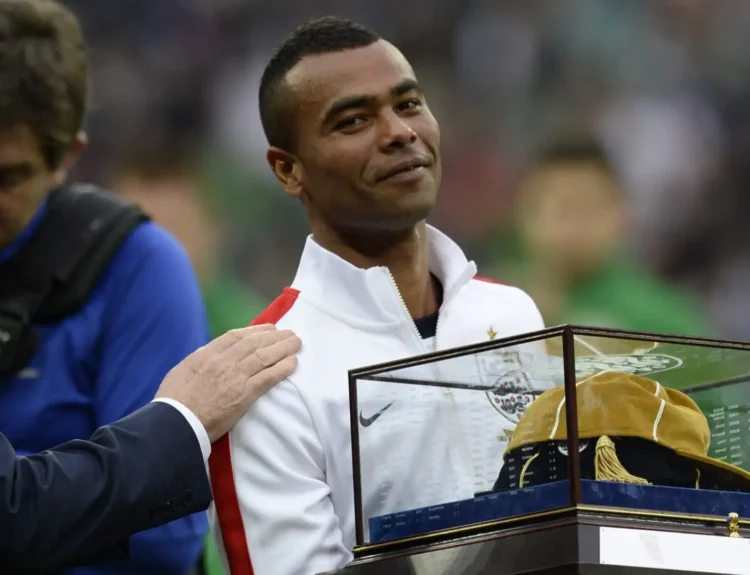Table of Contents
Elevating Performance: How to Be Great at Football
Achieving greatness in football demands far more than raw talent it requires a disciplined, strategic, and holistic approach to training, development, and mindset. Whether you’re an aspiring professional or a dedicated amateur, mastering the game means optimizing your technical ability, physical fitness, psychological resilience, and overall lifestyle. This in-depth guide provides actionable insights to help you reach elite levels of football performance.
Core Technical Foundations for Football Excellence
Developing a strong technical base is the first step in your journey toward football mastery. These skills form the bedrock of every successful player’s game.
Essential Ball Mastery Techniques
Ball control is the most fundamental skill in football. Regular drills such as cone weaves, toe taps, and tight-space dribbling with both feet will develop ambidextrous control. Incorporate juggling routines and first-touch exercises to refine responsiveness and fluidity under pressure.
Precision Passing and Ball Reception
Flawless passing and receiving are crucial in maintaining possession and dictating the flow of play. Train both short and long-range passes with precision, emphasizing technique, timing, and communication. Use rebound walls, small-sided games, and partner drills to replicate in-game scenarios.
Clinical Finishing and Shooting Proficiency
Elite-level finishing involves far more than power. Work on shot placement, weak-foot finishing, volleys, and curling techniques. Integrate drills that simulate match fatigue and decision-making under pressure to develop composure in front of goal.
Positioning and Tactical Awareness
Intelligent movement off the ball separates good players from great ones. Watch professional matches with a tactical lens to understand spatial dynamics, defensive positioning, and transition play. Use tactical video tools to analyze and adjust your in-game awareness.
Optimizing Physical Performance Through Conditionin
How to be great at football, Football demands a unique blend of speed, agility, endurance, and strength. A comprehensive conditioning program tailored to your position and playing style is essential.
Speed, Agility, and Explosive Power Development
Incorporate sprint interval training, plyometric exercises, and resisted sprints (parachutes, sleds) to enhance explosive movement. Agility ladders, reaction-based drills, and lateral movement circuits will refine quick directional changes and foot speed.
Strength Training for Functional Performance
Prioritize compound movements such as squats, deadlifts, and lunges to build lower-body and core strength. Focus on mobility, joint stability, and proprioception to reduce injury risk and enhance durability throughout the season.
Aerobic Conditioning and Recovery Protocols
Use high-intensity interval training (HIIT) alongside aerobic endurance sessions to build match-level stamina. Combine with active recovery methods—foam rolling, dynamic stretching, and cold therapy—to maintain optimal performance and reduce downtime.
Cultivating a High-Performance Football Mindset
Mental sharpness, emotional control, and game intelligence are equally vital components of football excellence. Your mindset often determines your consistency and ability to perform under pressure.
Tactical Intelligence and Decision-Making
Study full match footage to dissect player decisions, shape transitions, and formation dynamics. Use video analysis tools (e.g., Hudl, Coach’s Eye) to identify areas for improvement and better understand situational tactics.
Focus, Confidence, and Mental Resilience
Integrate mindfulness practices such as visualization, breath control, and pre-match routines to manage nerves and maintain focus. Journal performance reflections and use goal-setting frameworks to build consistent confidence and motivation.
On-Field Communication and Leadership
Leadership extends beyond wearing the armband. Practice assertive, strategic communication during training sessions. Encourage and organize teammates vocally to influence team dynamics and increase your tactical impact.
Advancing Technical and Tactical Proficiency
To rise above average performance, players must engage in advanced technical development and strategic refinement.
Mastery of Skill Moves and One-on-One Situations
Specialize in 3–5 reliable skill moves—such as the step-over, La Croqueta, or feint-and-go—and practice them at game speed. Incorporate 1v1 drills against live opponents to develop creativity and confidence in isolation.
Set Piece Specialization and Match Impact
Dedicate weekly sessions to mastering free kicks, corners, and penalties. Repetition under different conditions (pitch type, weather, fatigue) will sharpen your consistency and situational execution.
Role-Specific Training and Positional Intelligence
Customize training to your position: defenders should enhance aerial duels and distribution under pressure; midfielders should focus on scanning, tempo control, and transitions; attackers should refine off-the-ball movement and finishing angles.
Implementing Professional-Level Recovery and Nutrition
How to be great at football, Fueling your body correctly and allowing adequate recovery are non-negotiables for sustained performance and injury prevention.
Game-Day Nutrition and Hydration Strategies
Consume slow-digesting carbohydrates, lean proteins, and hydration-enhancing fluids several hours before a match. Avoid refined sugars or caffeine close to kickoff. Post-match, refuel immediately with a 3:1 carbohydrate-to-protein ratio.
Sleep and Hormonal Recovery Optimization
Maintain a consistent sleep routine (8–9 hours), avoiding screens before bed. Quality sleep directly influences testosterone levels, growth hormone production, and overall recovery rate—key for intensive training cycles.
Supplementation for Athletic Enhancement
While whole foods remain primary, consider strategic supplementation: creatine for strength, omega-3s for joint health, magnesium for muscle function, and vitamin D for immune support. Always consult with a certified sports nutritionist.
Conclusion: The Road to Football Greatness
Learning how to be great at football is a demanding, yet deeply rewarding journey that integrates tactical intelligence, technical mastery, elite conditioning, and professional self-discipline. There are no shortcuts—only smart, consistent effort. Elevate your training with intentionality, evaluate your performance rigorously, and live with the standards of a true professional. Success on the pitch is earned long before match day—in the hours of unseen work, thoughtful preparation, and unwavering commitment to excellence.








